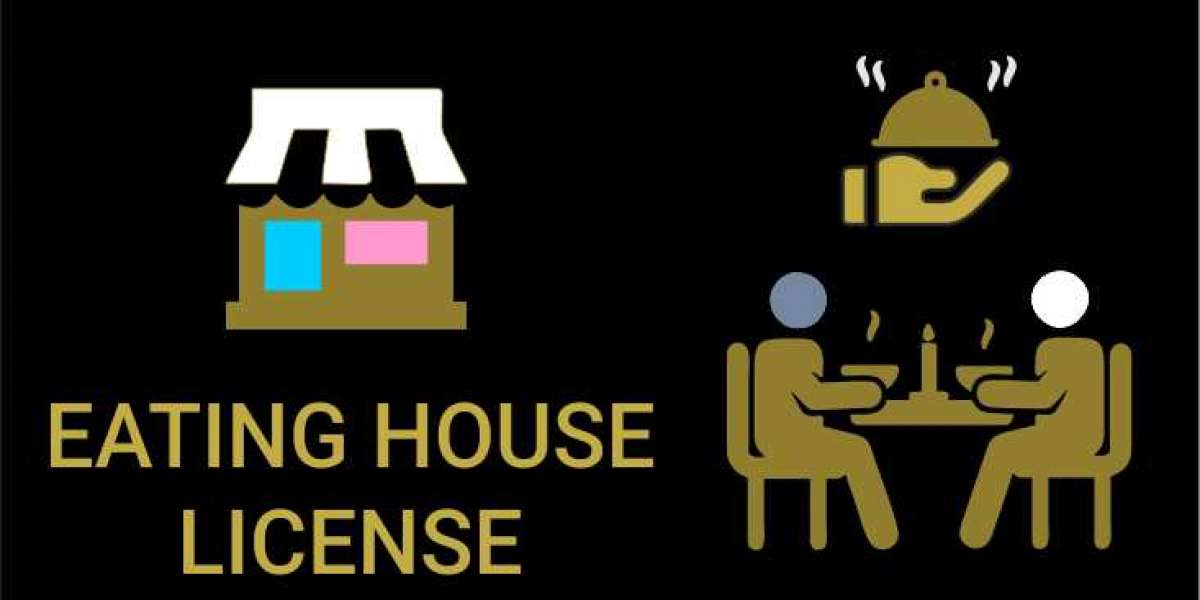If you're planning to open a café, restaurant, or any establishment that serves food to the public, obtaining an eating house license is one of the first and most crucial steps. This license is mandatory for anyone looking to legally run a place where food is prepared and served to customers. However, many business owners unknowingly make avoidable mistakes during the application process. These errors can lead to delays, penalties, or even outright rejection. To help you navigate the process smoothly, here are the top mistakes to avoid when applying for an eating house license.
1. Incomplete Documentation
One of the most common reasons applications are rejected is due to missing or incorrect documents. Authorities require several documents, including proof of identity, address proof of the business premises, NOC from the fire department, health trade license, and more. Double-check the official checklist before submitting your application for an eating house license to avoid unnecessary setbacks.
2. Choosing the Wrong Business Category
Many applicants fail to categorize their business correctly. Whether you're operating a small café or a large dine-in restaurant, the details must match your actual operations. Incorrect categorization can lead to miscommunication with the licensing authority and delays in getting your eating house license approved.
3. Ignoring Zoning Regulations
Before applying for an eating house license, make sure that your premises comply with the local municipal zoning regulations. Operating a food business in a non-commercial area without proper permissions can lead to legal issues. Always consult with the local municipal body to confirm the zoning status of your location.
4. Not Taking Fire Safety Norms Seriously
Fire safety is a major concern for all public spaces, especially eating houses. Make sure you obtain a No Objection Certificate (NOC) from the fire department before applying. Lack of proper fire safety equipment or ignoring guidelines can lead to rejection of your eating house license application.
5. Skipping Police Clearance
Since food establishments are public gathering places, a police clearance certificate is mandatory in many areas. This is often overlooked by first-time applicants. Ensure that you’ve submitted the necessary forms and clearances from your local police station to support your eating house license request.
6. Not Registering for Other Required Licenses
An eating house license is just one of several licenses you’ll need to run a food establishment legally. FSSAI registration, a health trade license, and GST registration may also be required. Failure to obtain these additional licenses can delay your operations or cause legal trouble even if you have your eating house license in hand.
Conclusion
Applying for an eating house license can seem like a daunting task, but it doesn't have to be. Avoiding the common mistakes mentioned above will save you time, stress, and potential fines. Always stay informed, prepare thoroughly, and seek professional help if needed. With the right approach, securing your eating house license can be a smooth and straightforward process.







